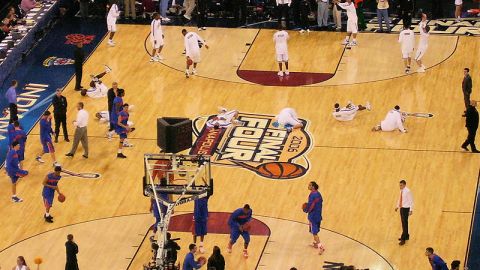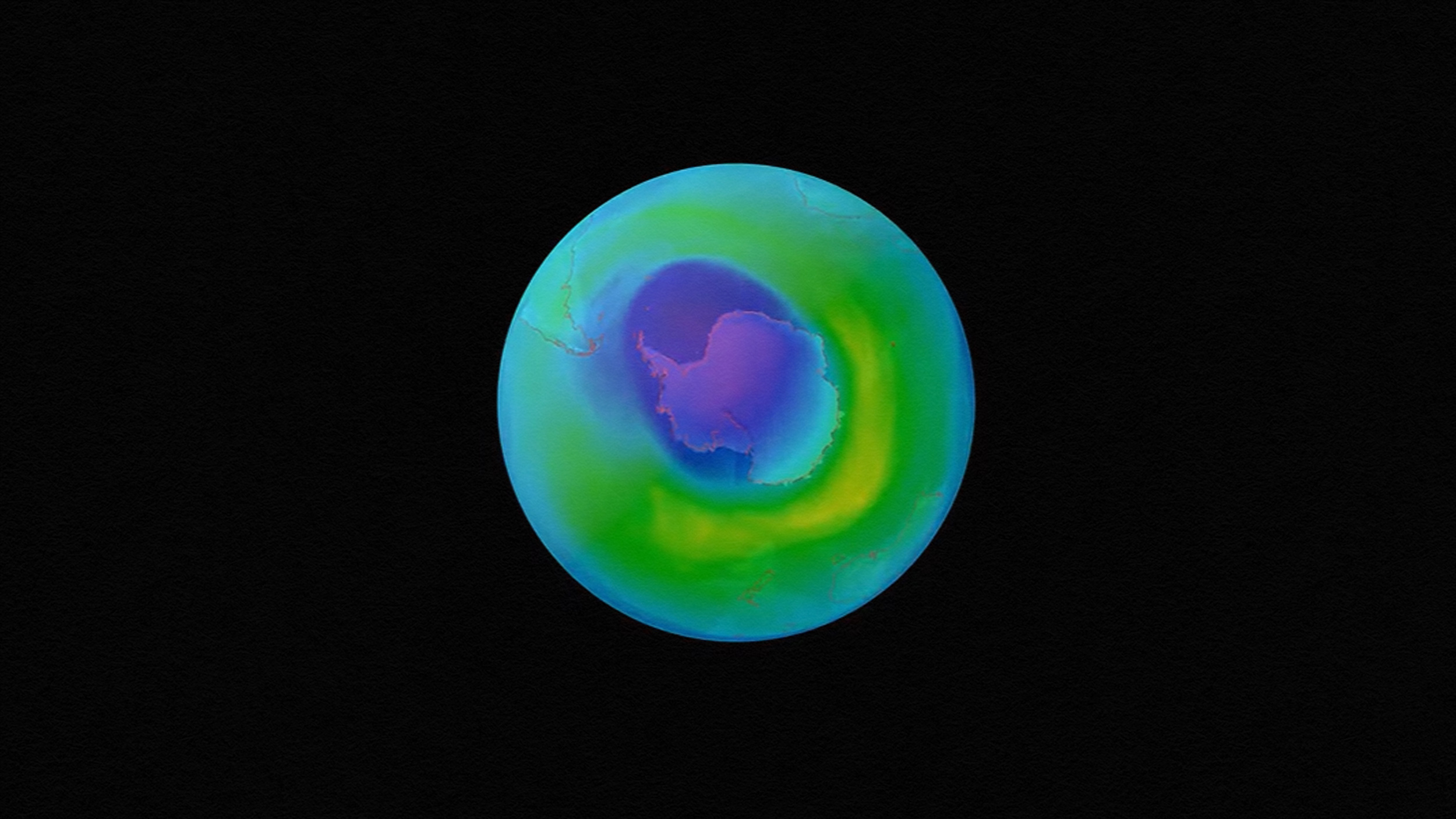Is March Madness Finally Representing a Multicultural America?

Cruising into the second weekend of the oft-intriguing NCAA basketball tournament known as March Madness, it’s been an interesting combination of traditional collegiate powerhouses (Kentucky, Duke) balanced by incredible performances from underdogs (Cornell, Northern Iowa). But take a close look at the individuals putting their signature on this incredible basketball tournament and you can see the changing multicultural face of America.
Every year around this time, March Madness is remembered primarily for a single player and a single shot that somehow work their way into college basketball lore. So far this year, both that player and that shooter are of Middle-Eastern descent, an unprecedented concept considering the history of the tourney. St. Mary’s star Omar Samhan has become a revelatory national celebrity in the wake of his propelling St. Mary’s to the Sweet Sixteen round of the tournament. While Samhan has inspired talks of setting an example in the NBA for Arab-Americans not seen since Lebanese-born ex-NBA star Rony Seikaly, an Iranian-American may have the signature moment of the tournament so far.
It was the clutch three-pointer from Northern Iowa’s Ali Farokhmanesh that propelled underdog Northern Iowa past tournament favorite Kansas, forcing sports reporters everywhere to practice pronouncing the name of a player whose father was a member of Iran’s national volleyball team. It’s a formidable achievement, especially considering this past year also saw the emergence of Hamed Haddadi, the NBA’s first Iranian-born player. With college basketball’s marquee program currently led by Mustafa Abdul Hamid and Bilqis Abdul-Qaadir setting a new women’s scoring mark last year, it’s been a banner year for Muslim-American basketball players.
But is this worth mentioning in a sport where all that really matters is getting the ball in a hoop? It’s hard to not acknowledge this ethnic representation. Especially in a sport where race, particularly in the NBA, has been a source of study and debate for decades. Regardless of its real importance, NCAA basketball has suddenly emerged as a multicultural arena that may finally start representing the diverse makeup of the American people.
At Harvard, Jeremy Lin has been heralded as one of the top Ivy-League players in history. Setting that bar for Asian-American basketball players is unprecedented in a field where that demographic has been widely underrepresented. Throw in Venezuelan-born Greivis Vasquez winning ACC player of the year honors and being nominated for national player of the year and the country might be more-accureately represented in its most-cherished amateur sporting events. Does it matter? Maybe not. After all, the games will still be exciting. But we’d be silly not to mention it, even in a post-racial America.





